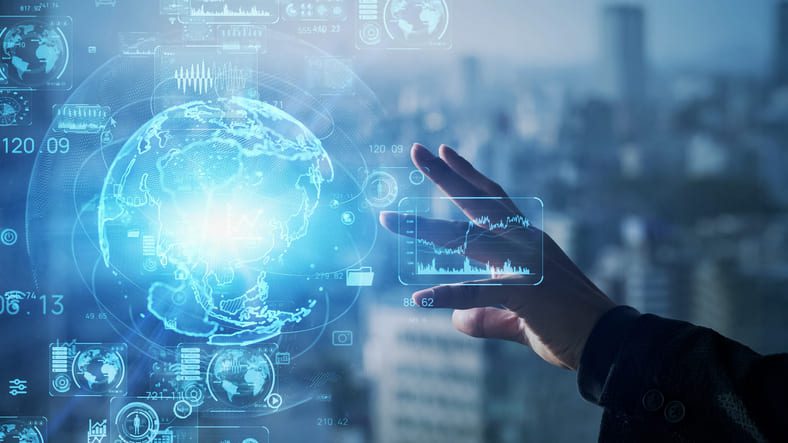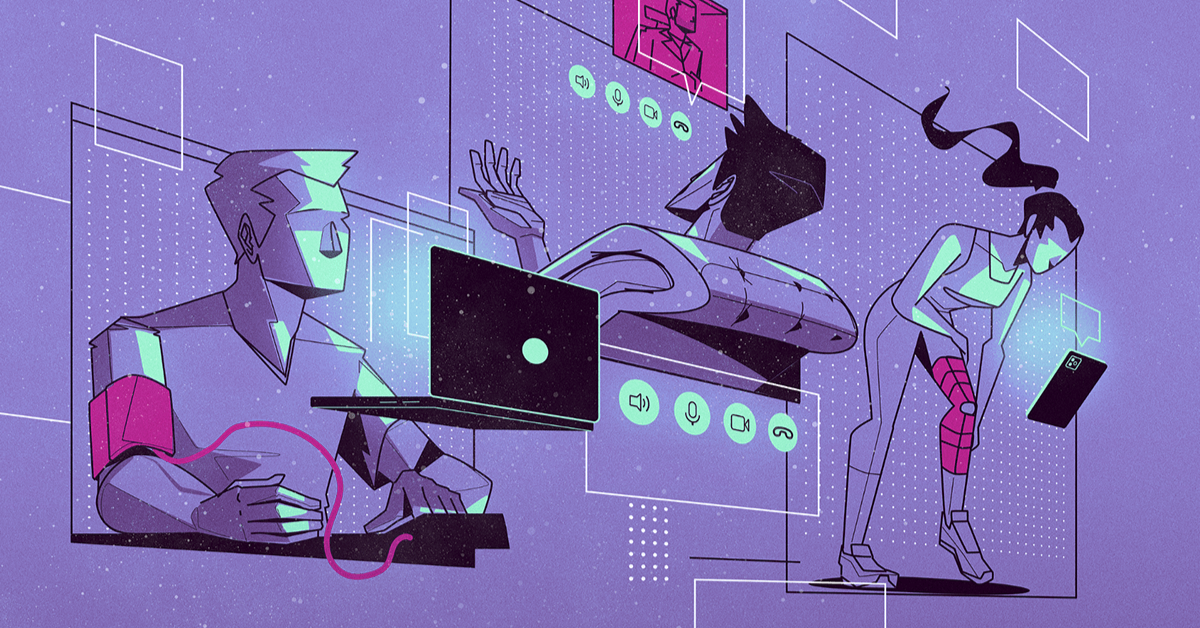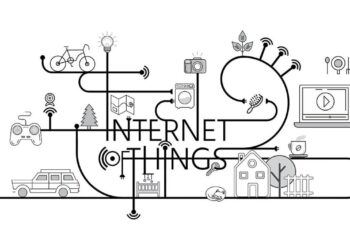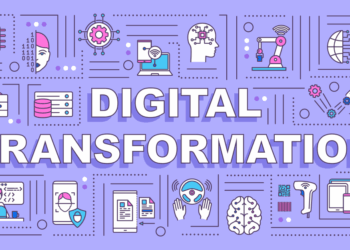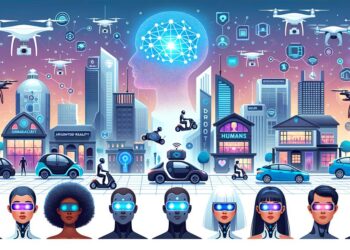The rapid evolution of digital technology is transforming every aspect of human life, from communication and work to healthcare and entertainment. As we embrace a more connected world, understanding how digital life influences the future is crucial. This in-depth guide explores the key trends, benefits, and challenges of our increasingly digital existence.
The Digital Revolution: A Brief Overview
The digital revolution began with the advent of computers and the internet, but today, it encompasses artificial intelligence (AI), the Internet of Things (IoT), blockchain, and more. These innovations are reshaping industries and daily life in unprecedented ways.
A. Key Milestones in Digital Evolution
-
The Internet (1990s) – Connected the world and enabled instant communication.
-
Smartphones (2000s) – Put computing power in everyone’s hands.
-
Cloud Computing (2010s) – Revolutionized data storage and accessibility.
-
AI & Machine Learning (2020s) – Automating tasks and improving decision-making.
How Digital Life is Changing Society
A. Work & Business
-
Remote Work: Cloud-based tools like Zoom and Slack enable global collaboration.
-
E-Commerce Growth: Online shopping dominates retail, with AI-driven recommendations.
-
Automation: Robots and AI streamline manufacturing and customer service.
B. Healthcare
-
Telemedicine: Virtual doctor visits improve accessibility.
-
Wearable Tech: Smartwatches monitor heart rate, sleep, and fitness.
-
AI Diagnostics: Machine learning helps detect diseases early.
C. Education
-
E-Learning Platforms: Coursera, Udemy, and Khan Academy offer flexible education.
-
VR Classrooms: Virtual reality creates immersive learning experiences.
D. Entertainment & Social Interaction
-
Streaming Services: Netflix, Spotify, and YouTube personalize content.
-
Social Media Evolution: Platforms like Meta (Facebook) and TikTok shape culture.
-
Gaming & Metaverse: Virtual worlds like Fortnite and Decentraland redefine interaction.
Emerging Technologies Shaping the Future
A. Artificial Intelligence (AI)
-
Smart Assistants: Siri, Alexa, and Google Assistant simplify daily tasks.
-
Autonomous Vehicles: Self-driving cars from Tesla and Waymo are becoming reality.
-
AI in Creativity: Tools like ChatGPT and DALL-E generate text and art.
B. Internet of Things (IoT)
-
Smart Homes: Devices like Nest thermostats and Ring doorbells automate living spaces.
-
Smart Cities: IoT optimizes traffic, energy use, and public safety.
C. Blockchain & Web3
-
Cryptocurrencies: Bitcoin and Ethereum change financial systems.
-
Decentralized Apps (DApps): Blockchain enables secure, transparent transactions.
-
NFTs: Digital ownership revolutionizes art and collectibles.
D. Virtual & Augmented Reality (VR/AR)
-
VR Gaming: Oculus and PlayStation VR offer immersive experiences.
-
AR in Retail: Apps like IKEA Place let users visualize furniture at home.
Challenges of a Digital Future
While digital life offers countless benefits, it also presents challenges:
A. Privacy & Security Risks
-
Data breaches and cyberattacks threaten personal information.
-
Governments and corporations must enforce stronger cybersecurity measures.
B. Digital Divide
-
Not everyone has equal access to technology, widening socioeconomic gaps.
-
Efforts to improve global internet access are crucial.
C. Mental Health Concerns
-
Social media addiction and screen fatigue affect well-being.
-
Balancing digital and offline life is essential.
How to Adapt to a Digital Future
A. Stay Updated with Tech Trends
-
Follow tech news, attend webinars, and take online courses.
B. Protect Your Digital Footprint
-
Use strong passwords, enable two-factor authentication, and avoid phishing scams.
C. Embrace Lifelong Learning
-
Digital skills (coding, data analysis) will be essential in future jobs.
Conclusion
The digital revolution is unstoppable, bringing both opportunities and challenges. By understanding these changes, we can adapt, innovate, and thrive in an increasingly connected world. The future is digital—prepare for it wisely.
Tags: digital transformation, future technology, smart living, AI advancements, IoT, digital lifestyle, tech trends, automation, virtual reality, cybersecurity

